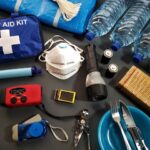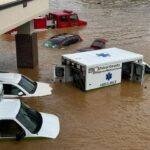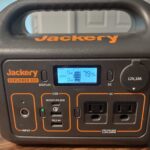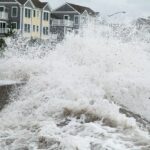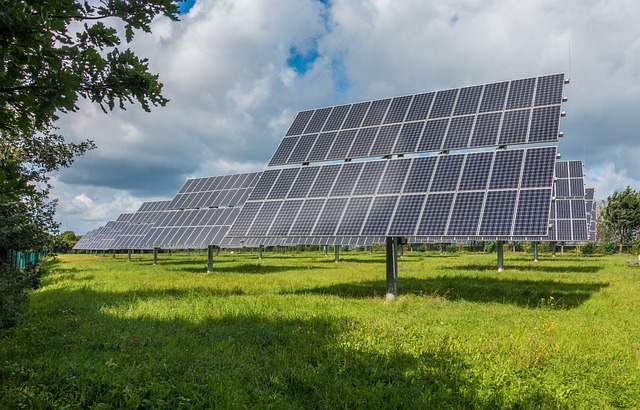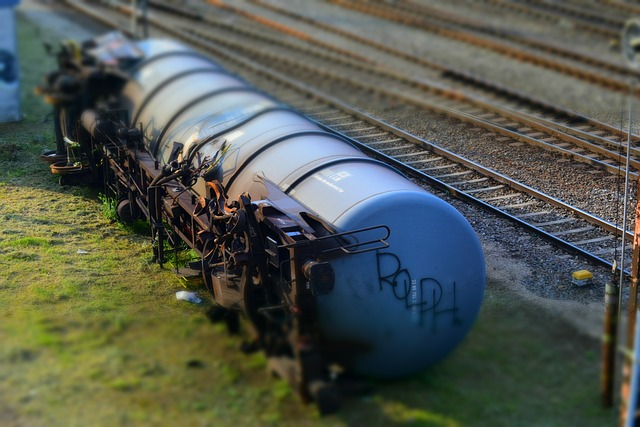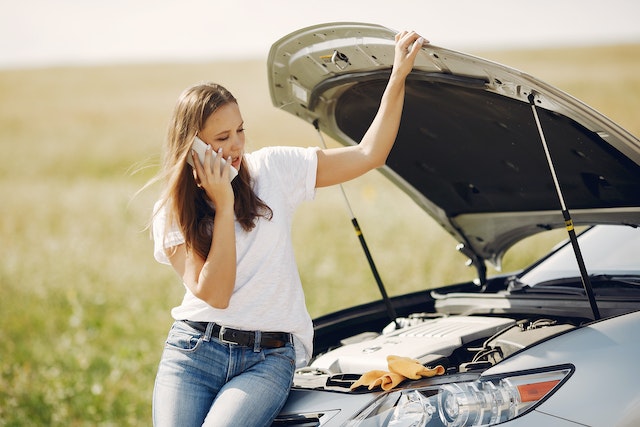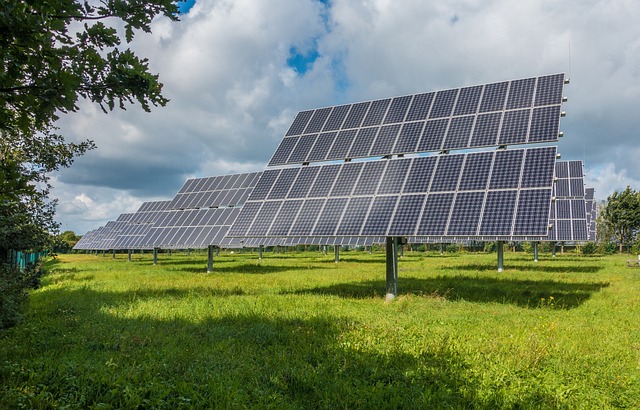
Problem: Grid Down
Scope: Local, Regional, National
Impact: Minor, Major (Depending on length of outage)
Dangers (not limited to): Utilities Outage, Communications outage, No law enforcement or rescue response, Civil unrest, violent crime.
Preps (not limited to): Plan, Alternative Energy source, Stock up on supplies, Self-defense weapons
A Grid Down scenario is a situation in which the power grid is shut down or disabled, leaving people without electricity for an extended period. This could be caused by natural disasters like hurricanes, earthquakes, or severe weather, as well as cyber-attacks, terrorism, or other man-made events.
Dangers of a Grid Down Scenario
The loss of power can quickly lead to chaos and danger in many different ways. Here are some of the potential dangers to consider:
- Communication Breakdown: With power outages come communication breakdowns. Cell phones, the internet, and other forms of communication will likely be disrupted or completely down. This makes it difficult to coordinate with loved ones, emergency services, or other essential personnel.
- Loss of Heat and A/C: Without electricity, heating and air conditioning systems will not function. This can make it difficult to regulate temperatures and can lead to hypothermia or heat stroke.
- Food and Water Shortages: A Grid Down scenario can lead to food and water shortages. Without power, refrigeration systems will not function, leading to food spoilage. Water treatment plants may also be unable to function, leading to a lack of clean water.
- Increased Crime: When power is out, looting and other forms of crime become more likely. Emergency services may be stretched thin, making it difficult to respond to crimes in a timely manner.
Preparing for a Grid Down scenario
Here are some tips on how to prepare for a Grid Down scenario and stay safe:
- Stock up on essentials: Basic necessities like food, water, and medicine may become scarce or difficult to obtain. Start by stocking up on non-perishable foods, bottled water, and first-aid supplies.
- Develop Alternative Energy: Invest in a gas-powered generator, solar panels, or other alternative sources of power. See our review of the Jackery Solar Power system here.
- Develop Alternative Water Supply: Construct a rain-catchments system on your property to collect rainwater for drinking, cooking, and bathing.
- Develop Alternative Food Supply: Consider planting a garden, raising chickens, rabbits, goats, or pigs as an alternative source of food.
- Learn survival skills: Depending on the severity, you may need to rely on your own skills and resources to survive. Learn basic survival skills like how to build a shelter, start a fire, and purify water. Consider taking courses in first aid, self-defense, and emergency preparedness.
- Create a communication plan: When the power goes out, communication channels may be disrupted or overloaded. Have a plan in place for staying in touch with family, friends, and emergency services. Consider investing in a two-way radio or other means of communication that do not rely on the power grid.
- Secure your home: In a Grid Down scenario, the lack of power can lead to an increase in crime and civil unrest. Secure your home by installing sturdy locks, reinforcing doors and windows, and setting up a security system.
- Stay informed: Keep up-to-date with the latest news and developments in your area. Listen to battery-powered radios or use a hand-crank radio to stay informed about weather alerts, emergency instructions, and other critical information.
- Build a community: It can be helpful to band together with neighbors, friends, and other members of your community. Build a network of support and share resources and skills. Consider joining a local community emergency response team (CERT) or other group dedicated to emergency preparedness.
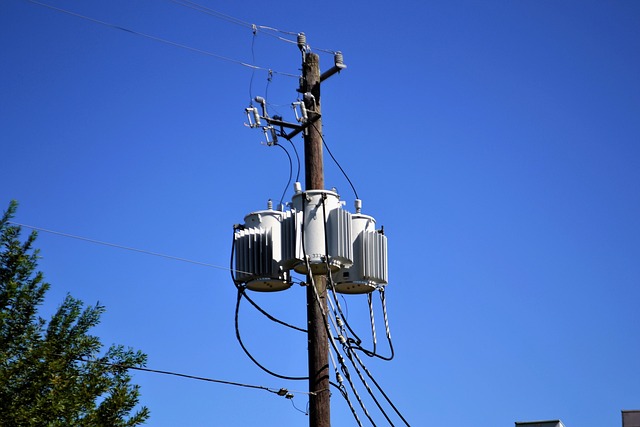
Grid Down Emergency Kit
Here are some essential items that should be included in a grid down emergency kit at home:
- Water: Without access to power, water supply may be affected. It is crucial to have enough water for drinking, cooking, and hygiene purposes. Plan on at least one gallon of water per person per day, for a minimum of three days. In addition to storing water, have a way to purify water, either with an at-home filtration system or a personal water filter like a Life Straw.
- Non-perishable food: Store enough non-perishable food to last for at least three days, such as canned food, energy bars, and dried fruits. Make sure to also have a manual can opener available.
- First aid kit: A first aid kit should contain bandages, gauze, antiseptic wipes, and other essentials for treating injuries or illnesses.
- Flashlights, candles, lanterns: With no electricity, you will need a source of light to navigate your way around the house. Flashlights with extra batteries are essential. Consider including candles, lanterns with fuel, and matches.
- Solar or hand-crank radio: A radio is essential for staying informed about the latest news and updates.
- Alternative Power: A gas generator could provide power to your home during a power outage. A solar power system is quieter than gas and renewable, as long as the sun shines. Also consider personal powerbanks for your mobile phones and other devices charged by a USB cables.
- Emergency blanket: An emergency blanket can help keep you warm in case of cold weather.
- Personal hygiene Kit: Include items such as toilet paper, wet wipes, and hand sanitizer to maintain hygiene.
- Multi-tool or knife: A multi-tool or knife can be used for a variety of purposes, from opening cans to cutting rope.
- Cash: In a grid-down situation, credit card machines and ATMs may not be operational. Have some cash on hand for emergencies.
- Important documents: Keep important documents such as passports, birth certificates, and insurance papers in a waterproof container.
Having a well-stocked emergency kit at home is critical in a grid down scenario. Make sure to periodically review and update your kit to ensure that it meets your needs.
In conclusion, a Grid Down scenario can be a daunting prospect, but with proper preparation and planning, you can stay safe and weather the storm. Stock up on essentials, learn survival skills, create a communication plan, secure your home, stay informed, and build a community. By taking these steps, you can be ready for whatever challenges may come your way.
It is our mission to educate, equip, and empower everyday ordinary civilians to understand, prepare for, and survive any emergency they face. We cannot rely on the government to take care of us. We must take it upon ourselves to provide for and protect ourselves and our families.
Note: I am an affiliate with Amazon and may receive a commission from products purchased from Amazon. This helps me continue to put out emergency preparedness information for you.
